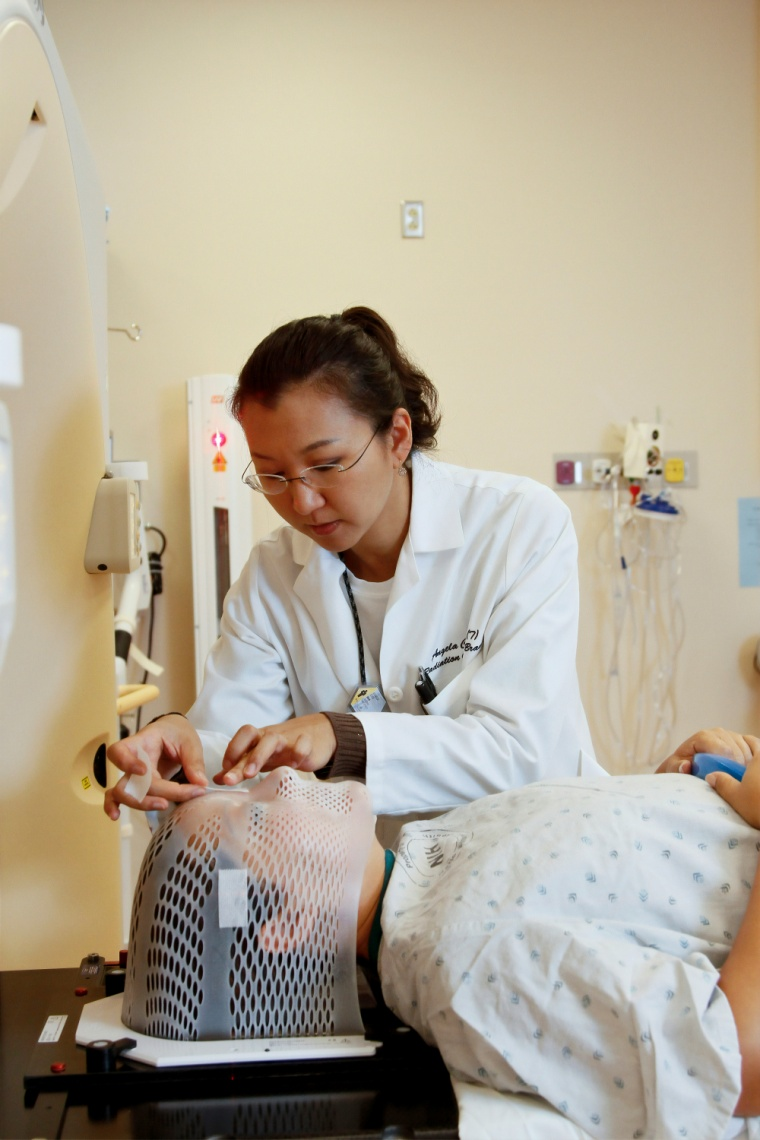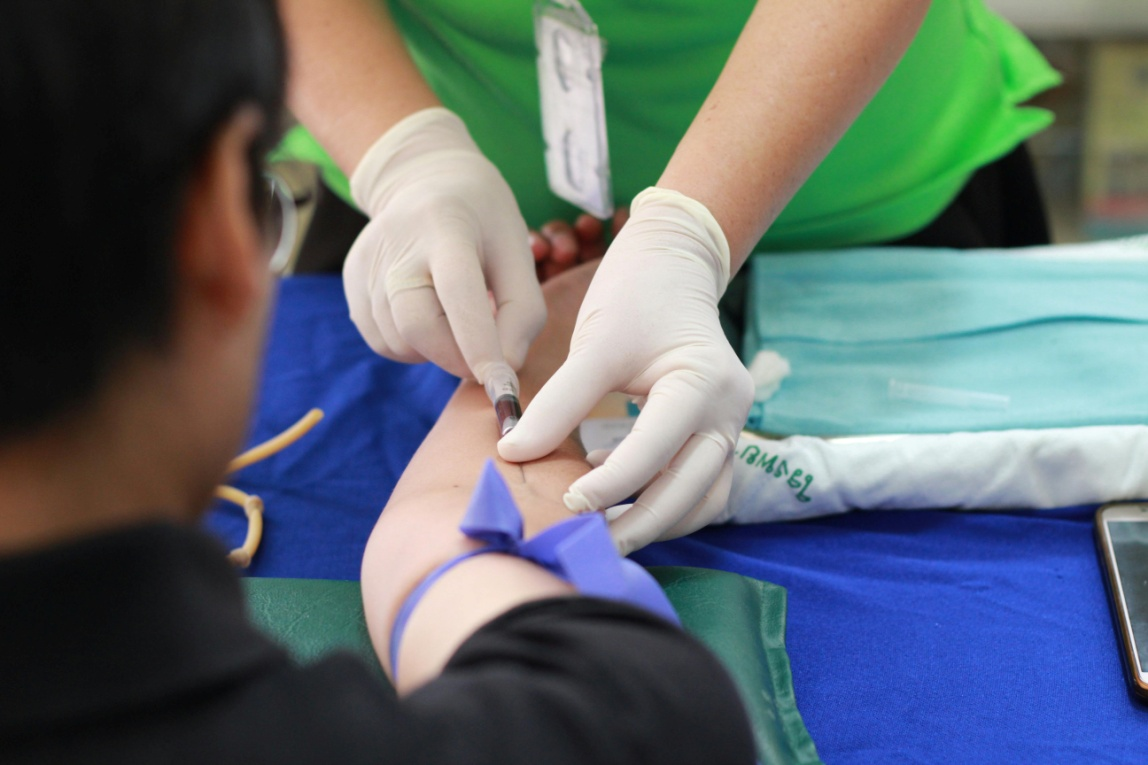Throat Cancer: The Basics
National Cancer Institute predicts that this year, around 60000 people in the US face health-related issues due to throat cancer. This blog will help you identify symptoms and risk factors of throat cancer to catch it early.
What's Putting You At Risk?

Throat cancer can affect anyone regardless of age or gender, but certain harmful lifestyle choices and environmental conditions can increase the chances of cancer. Smoking is the key risk component that detriment the cells in the throat by exposing them to highly harmful chemicals that lead to the growth of cancerous cells.
Regular alcohol consumption is another major cause that damages the throat's inner layer, resulting in laryngeal and pharyngeal cancer. Moreover, infections linked with human papillomavirus (HPV) and environments with harmful chemicals such as sulfuric acid, asbestos, and nickel also increase the risks of a lifelong battle with cancer.
What Your Body Might Be Telling You
When dealing with cancer, it is necessary to see and hear all the ways your body is communicating with you and reacting to certain surroundings. These are warnings from your body that require immediate actions and consultations with doctors.
Symptoms of throat cancer appear in different areas of the throat, which leads to contrasting results. The most frequent symptoms include difficulty in eating and swallowing, consistent sore throat for a month, and roughness in the voice.
Lumps are the most common sign of cancer. If you feel a lump at the back of your throat or neck, schedule a doctor's appointment immediately. Unexplained weight loss is another way your body needs instant action.
A Look at Available Treatments
when it comes to throat cancer, it is essential to detect it in its early stages with appropriate treatments to achieve positive outcomes. There are various treatments available for throat cancer, but it mainly depends on the size of the cancer.
The first step in detecting the cancer is called staging. They are significant for the doctors and consultants. They help indicate the growth of the cancer to determine the course of action.
Surgery
Surgery is the most recommended for throat cancers as people often fail to identify it early. It depends on the size and place of the cancer. Surgeries could range from minimal procedures to extensive surgeries, such as partial removal of the larynx or tongue.
Radiation and Chemotherapy

Radiation therapies are often utilized as a primary treatment, but it is also opted after surgery to eliminate the remaining cancer cells. It is combined with chemotherapy by some doctors to eliminate the cancerous cells almost completely.
Targeted Therapy
Targeted therapy targets and kills the protein in the cancer cells to slow down or wipe out cancer.
Book Your Virtual Doctor Appointments
Early detection is necessary in cases of throat cancer. If you are experiencing any of the symptoms discussed above, head to TelMDCare and book an online professional doctor consultation.